Influential writers of the 20th Century
The 20th century was a vibrant era for literature, marked by groundbreaking innovations and diverse voices. Authors from this period not only redefined storytelling but also challenged societal norms. As we delve into the works of these literary giants, we uncover how their unique styles and themes continue to influence modern writing. From stream of consciousness to magical realism, each author contributed to a rich tapestry of literary evolution.
The Modernist Movement: Paving the Way for Change
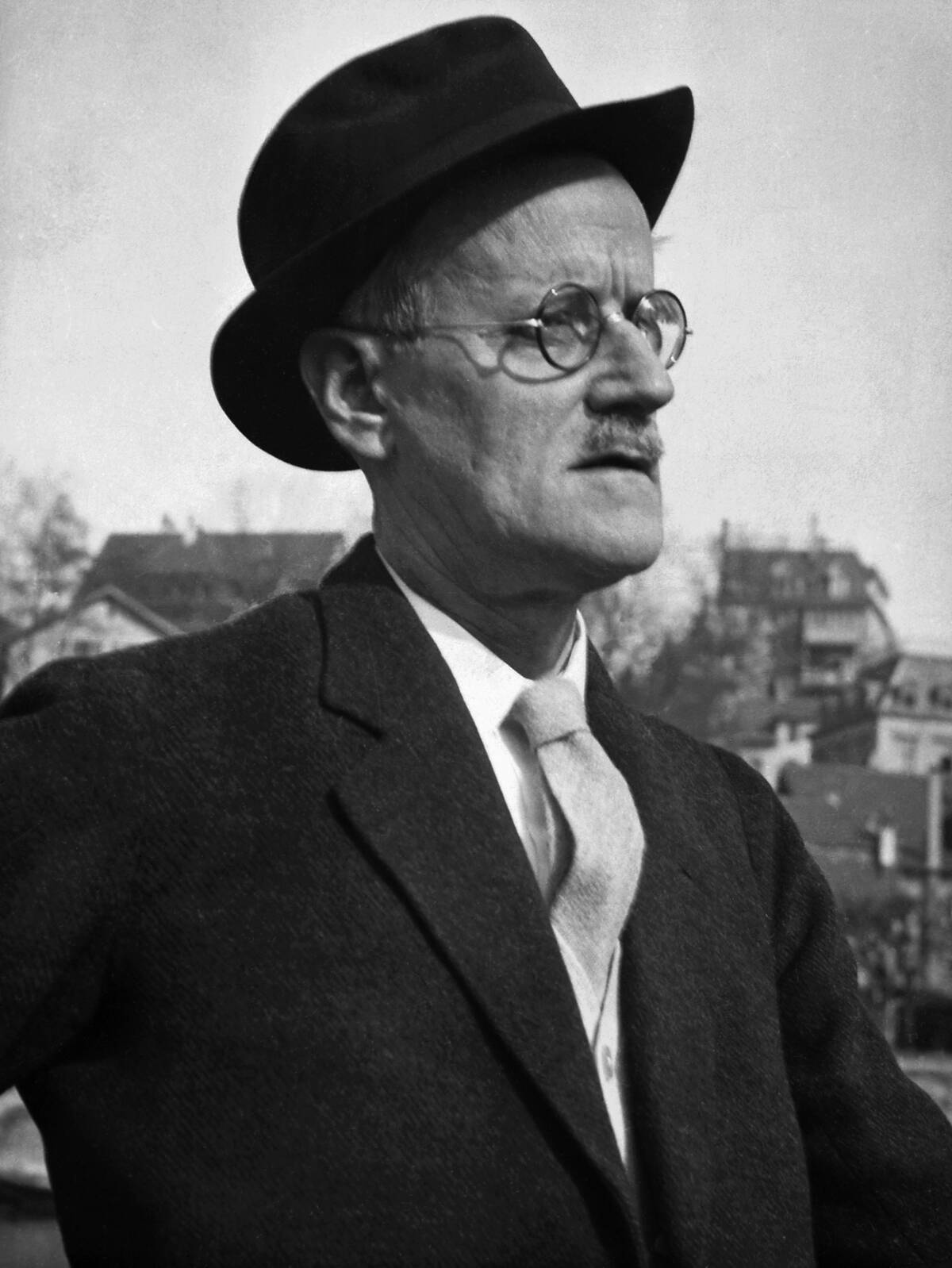
Modernism shook the literary world by emphasizing individualism and a break from traditional forms. It emerged in the early 20th century as a reaction to the rapid changes in society. Writers like Virginia Woolf and James Joyce were at the forefront, experimenting with narrative techniques and exploring the depths of human consciousness. This movement laid the groundwork for new genres and styles, pushing the boundaries of what literature could be.
Virginia Woolf: Breaking Boundaries with Stream of Consciousness
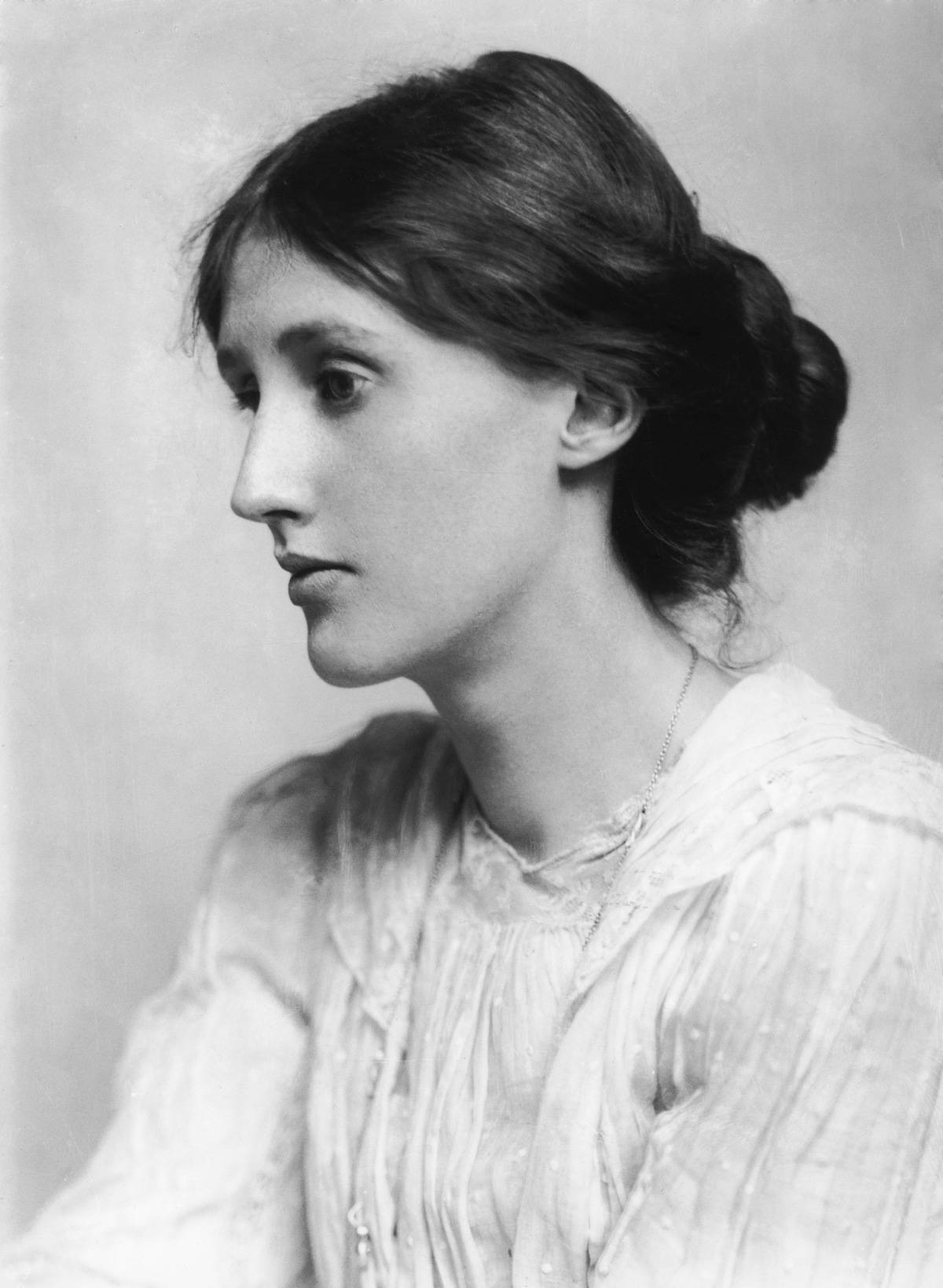
Virginia Woolf revolutionized narrative structure through her use of stream of consciousness. This technique allowed readers to delve directly into the thoughts and emotions of her characters, creating a more intimate experience. In novels like “Mrs. Dalloway” and “To the Lighthouse,” Woolf explored themes of time, identity, and the inner workings of the mind, paving the way for future writers to explore complex psychological landscapes.
James Joyce: A Revolutionary Approach to Narrative
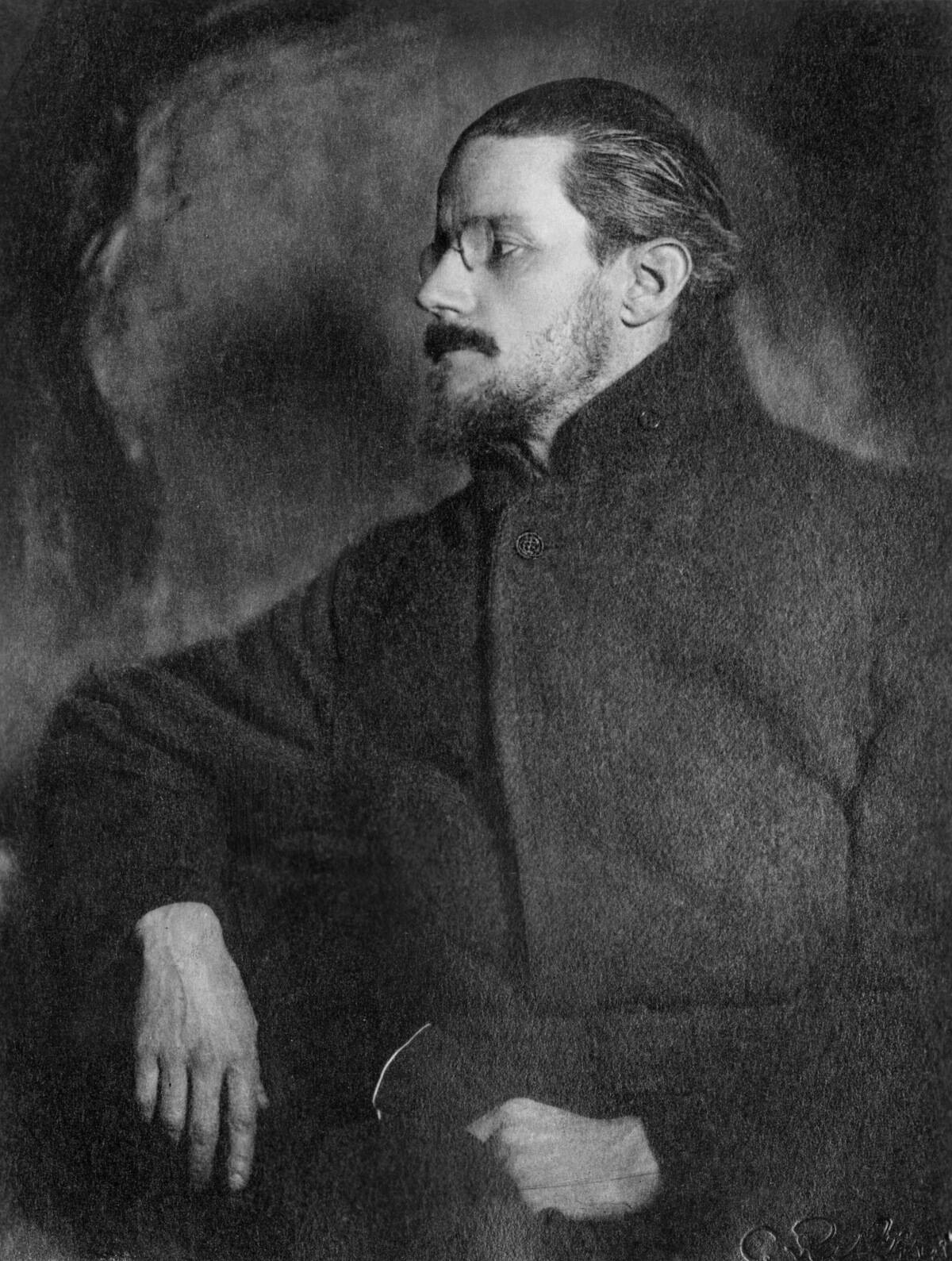
James Joyce pushed the boundaries of narrative form, most notably in his seminal work, “Ulysses.” Joyce’s innovative use of stream of consciousness, along with his intricate wordplay and detailed character exploration, transformed the way stories were told. By capturing the minutiae of everyday life, Joyce’s work demanded readers to engage deeply with his text, reshaping expectations of novelistic storytelling.
T.S. Eliot: The Poet Who Redefined Modern Poetry
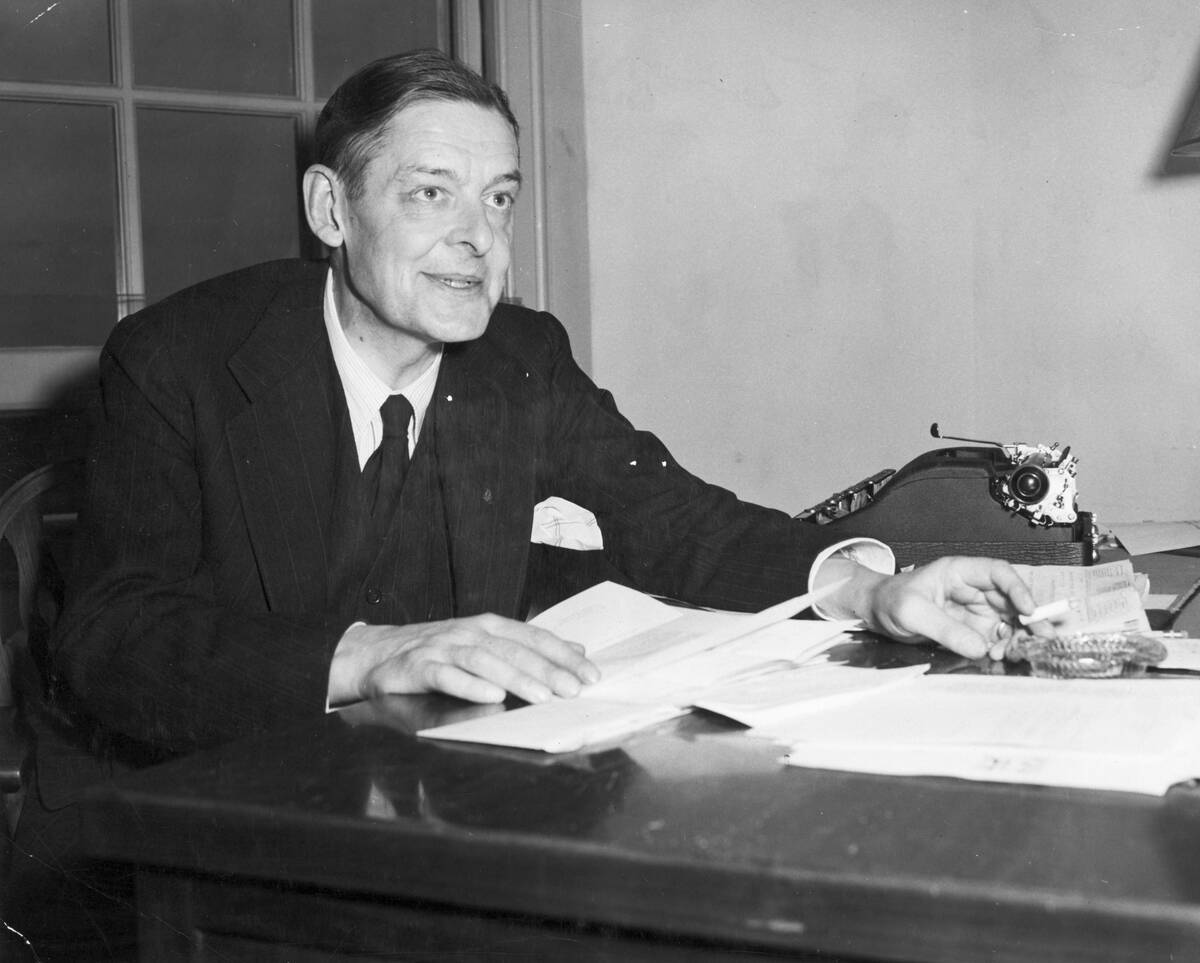
T.S. Eliot’s impact on poetry is undeniable, with “The Waste Land” standing as one of the most influential works of the 20th century. His use of fragmented structure and allusions to various literary and cultural texts challenged readers to find meaning amidst chaos. Eliot’s work heralded a new era of poetry that embraced complexity, reflecting the disillusionment of a post-war world and influencing countless poets who followed.
Ernest Hemingway: Crafting the Art of the Iceberg Theory
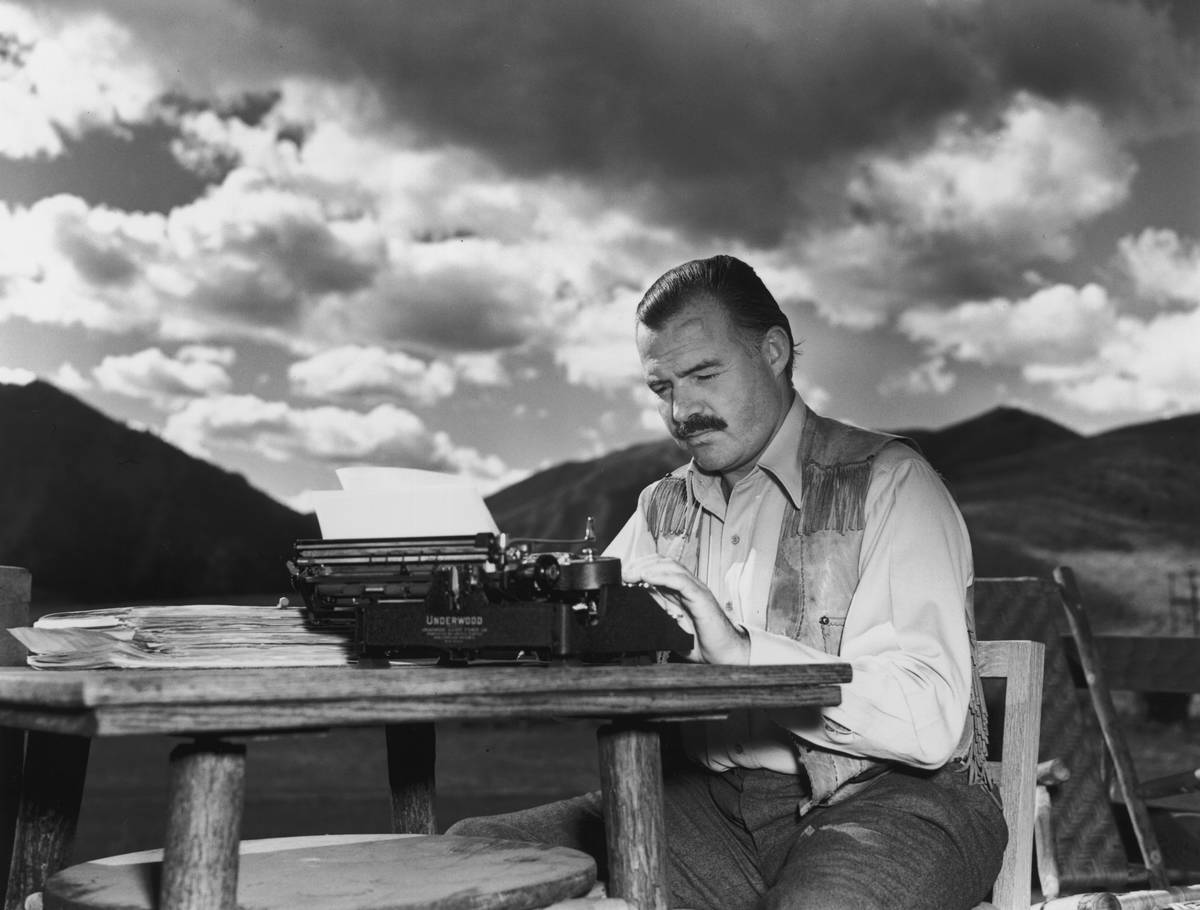
Ernest Hemingway’s writing is renowned for its distinct style, characterized by simplicity and brevity. His “Iceberg Theory” or “Theory of Omission” posits that the deeper meaning of a story should not be evident on the surface but should shine through implicitly. Works like “The Old Man and the Sea” demonstrate this technique, where the understated prose invites readers to uncover the layers beneath the seemingly straightforward narrative.
F. Scott Fitzgerald: Capturing the Spirit of the Jazz Age
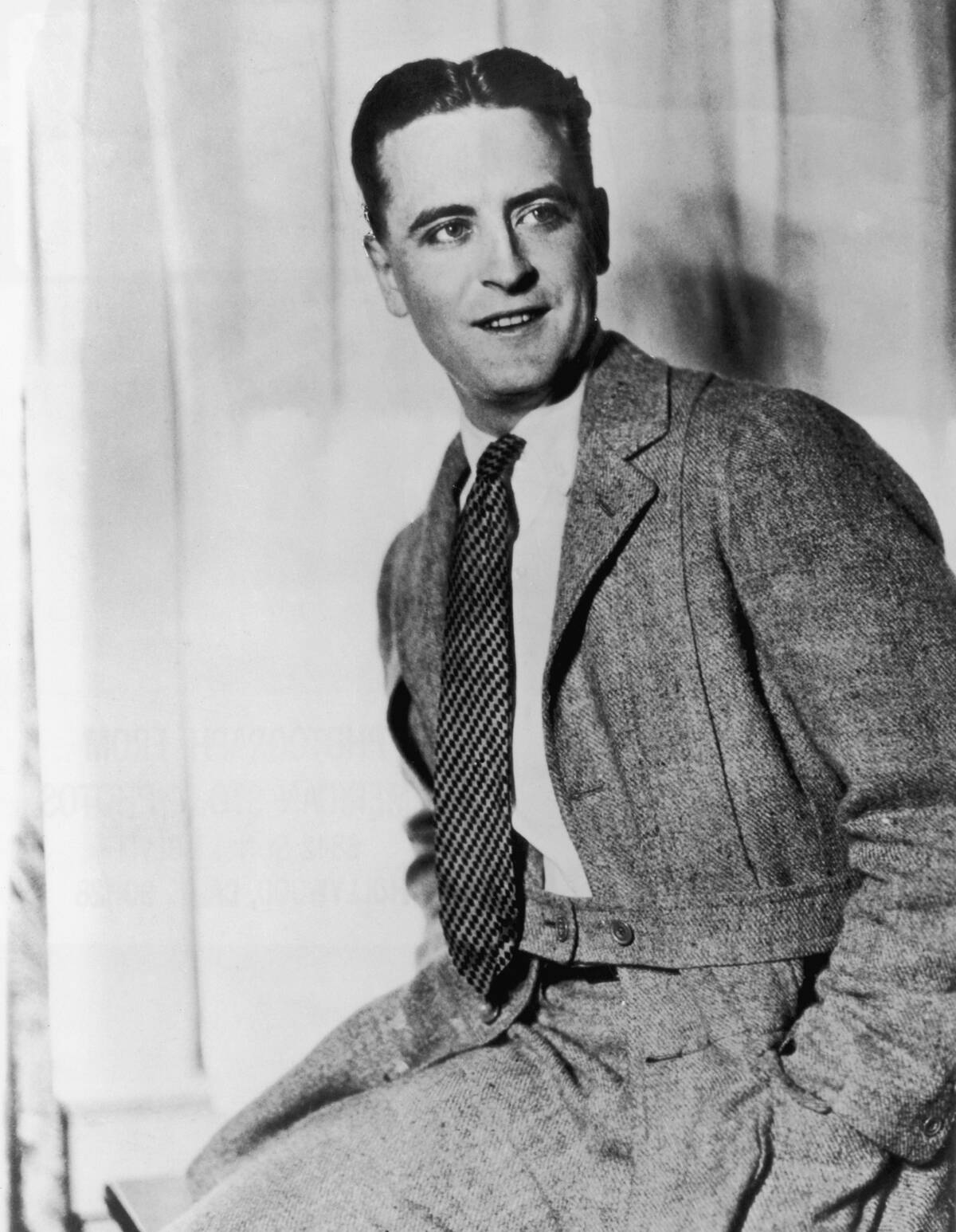
F. Scott Fitzgerald masterfully encapsulated the spirit of the 1920s in his novels, with “The Great Gatsby” being a quintessential depiction of the Jazz Age. Through his portrayal of extravagant parties, opulence, and the American Dream’s disillusionment, Fitzgerald’s work offers a critical look at the era’s cultural dynamics. His lyrical prose and vivid imagery continue to captivate readers, making his work timeless.
George Orwell: Dystopian Visions and Political Commentary
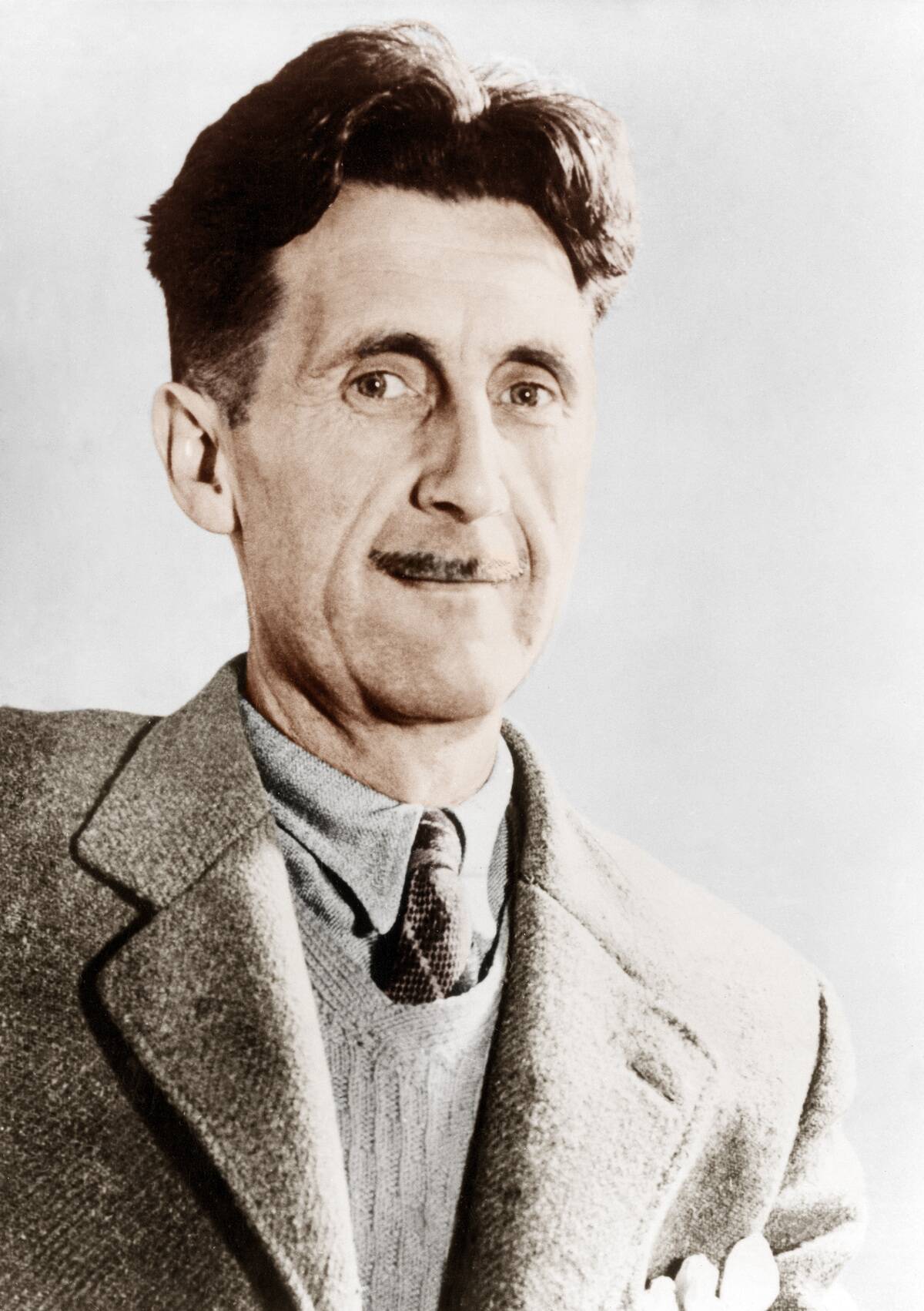
George Orwell’s sharp political insights and dystopian narratives have left a lasting impression on literature and society. His novels, such as “1984” and “Animal Farm,” offer stark warnings about totalitarianism and the abuse of power. Orwell’s ability to weave compelling stories with profound political commentary has made his work a staple in discussions about governance, freedom, and human rights.
Franz Kafka: The Master of Surreal and Existential Prose
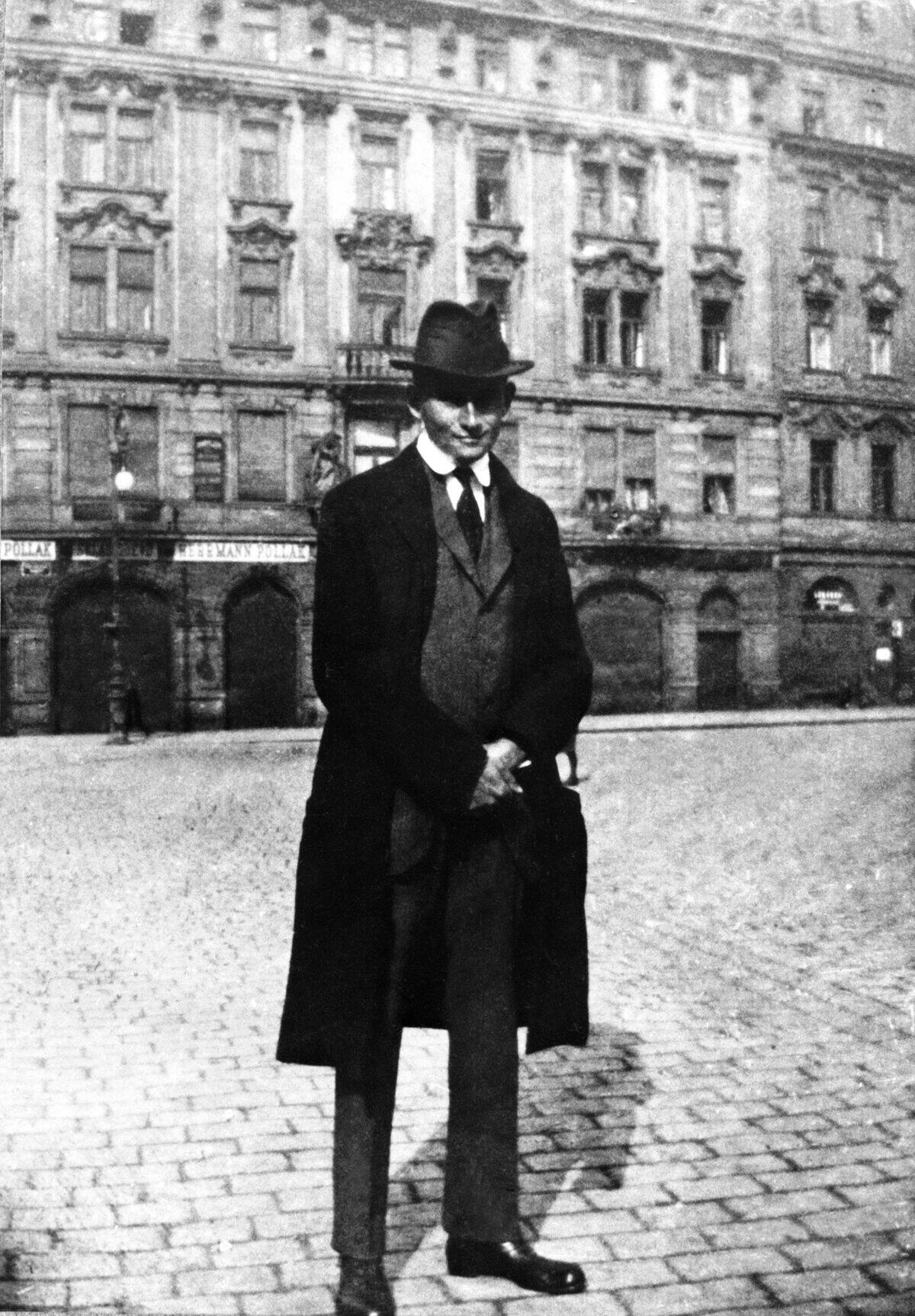
Franz Kafka’s unique blend of surrealism and existentialism created stories that are both bizarre and thought-provoking. In “The Metamorphosis,” Kafka explores themes of alienation and identity, leaving readers to ponder the absurdity of human existence. His work delves into the complexities of the human psyche, often leaving more questions than answers, which has intrigued and perplexed readers for generations.
Gabriel García Márquez: Bringing Magical Realism to the Forefront
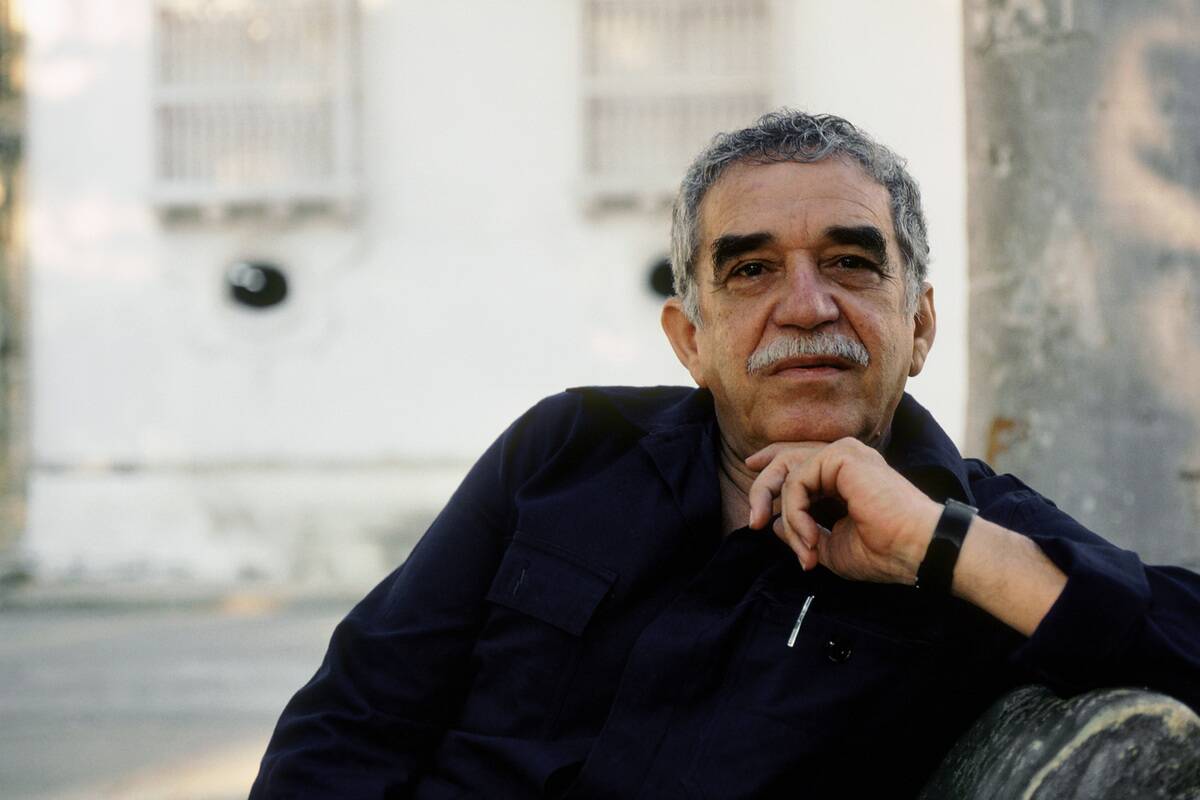
Gabriel García Márquez is celebrated for popularizing magical realism, a genre that seamlessly blends the magical with the mundane. His novel “One Hundred Years of Solitude” is a landmark in this narrative style, weaving a rich tapestry of myth and reality. Márquez’s writing invites readers into a world where the extraordinary becomes commonplace, challenging their perception of reality and storytelling.
J.D. Salinger: Giving Voice to the Disenchanted Youth
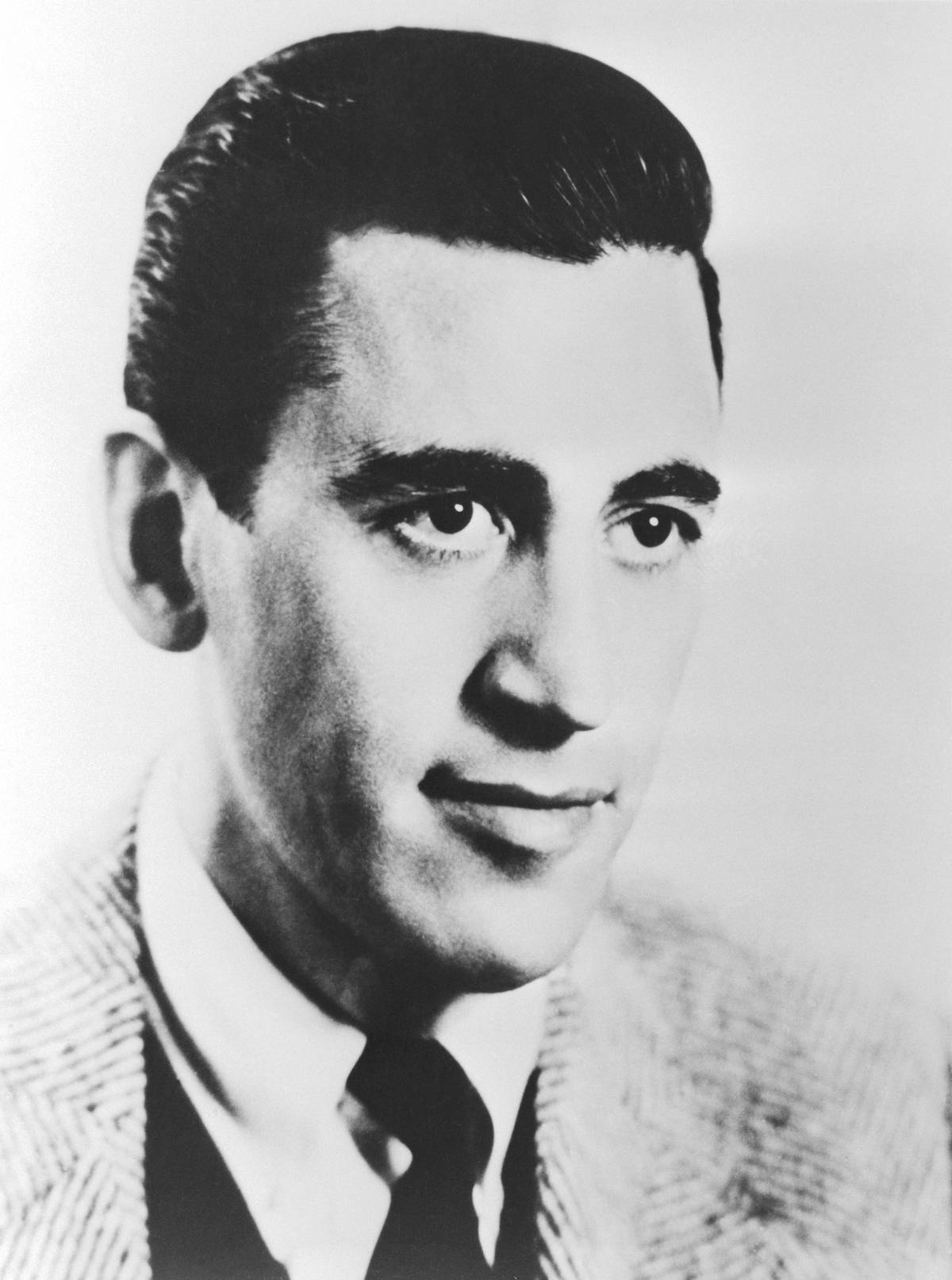
J.D. Salinger’s “The Catcher in the Rye” resonated with generations of readers, capturing the angst and alienation of adolescence. Through the character of Holden Caulfield, Salinger gave a voice to the disenchanted youth, exploring themes of identity, loss, and rebellion. His portrayal of teenage turmoil and critique of societal norms continues to speak to readers who feel out of step with the world around them.
Toni Morrison: Illuminating the African American Experience
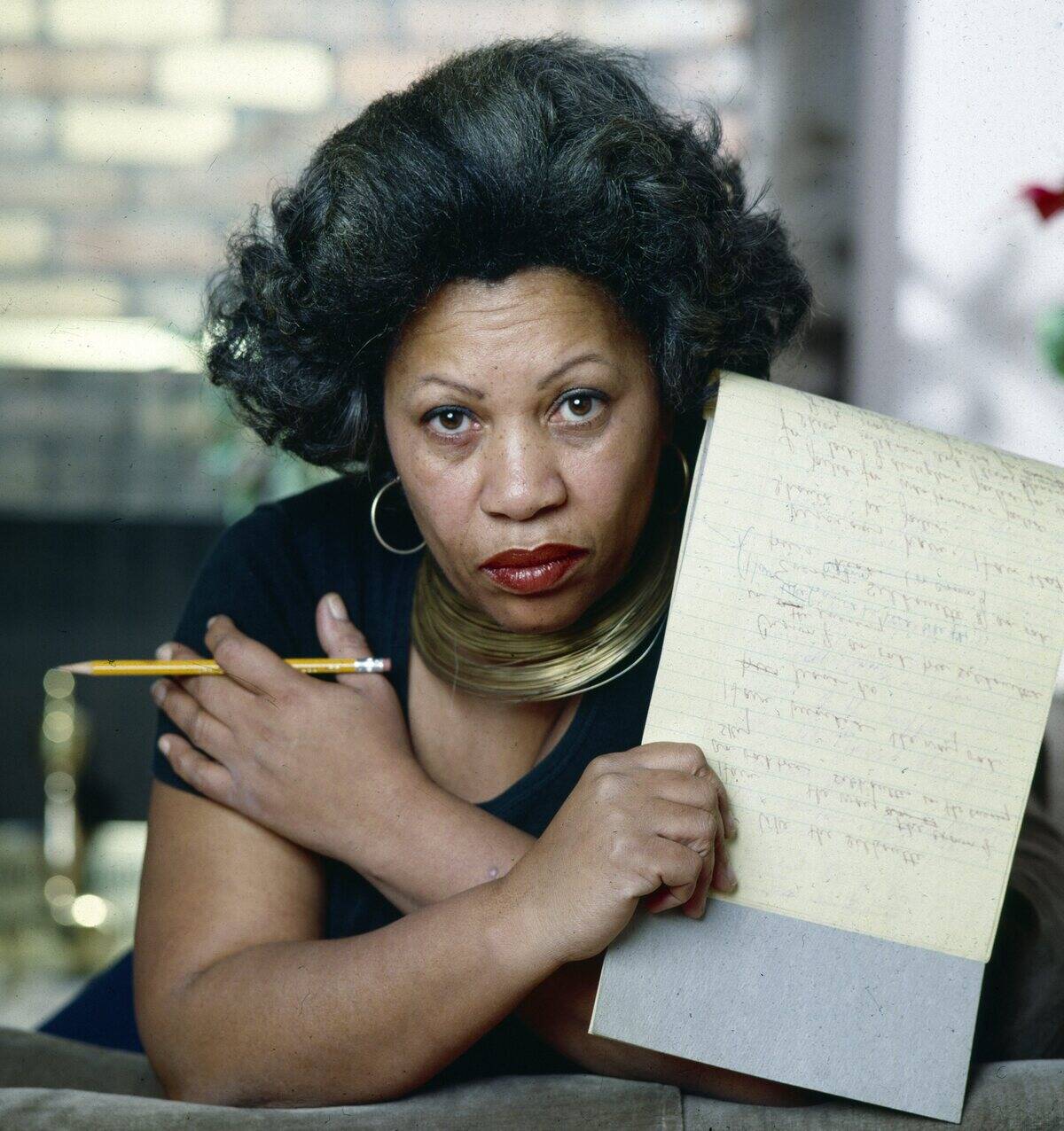
Toni Morrison’s literature has been instrumental in bringing the African American experience to the forefront of literary discourse. Her novels, like “Beloved” and “Song of Solomon,” delve into themes of identity, history, and community. Morrison’s lyrical prose and profound storytelling offer a window into the complexities of race, culture, and the human condition, earning her a Nobel Prize in Literature in 1993.
Jorge Luis Borges: The Architect of Literary Labyrinths
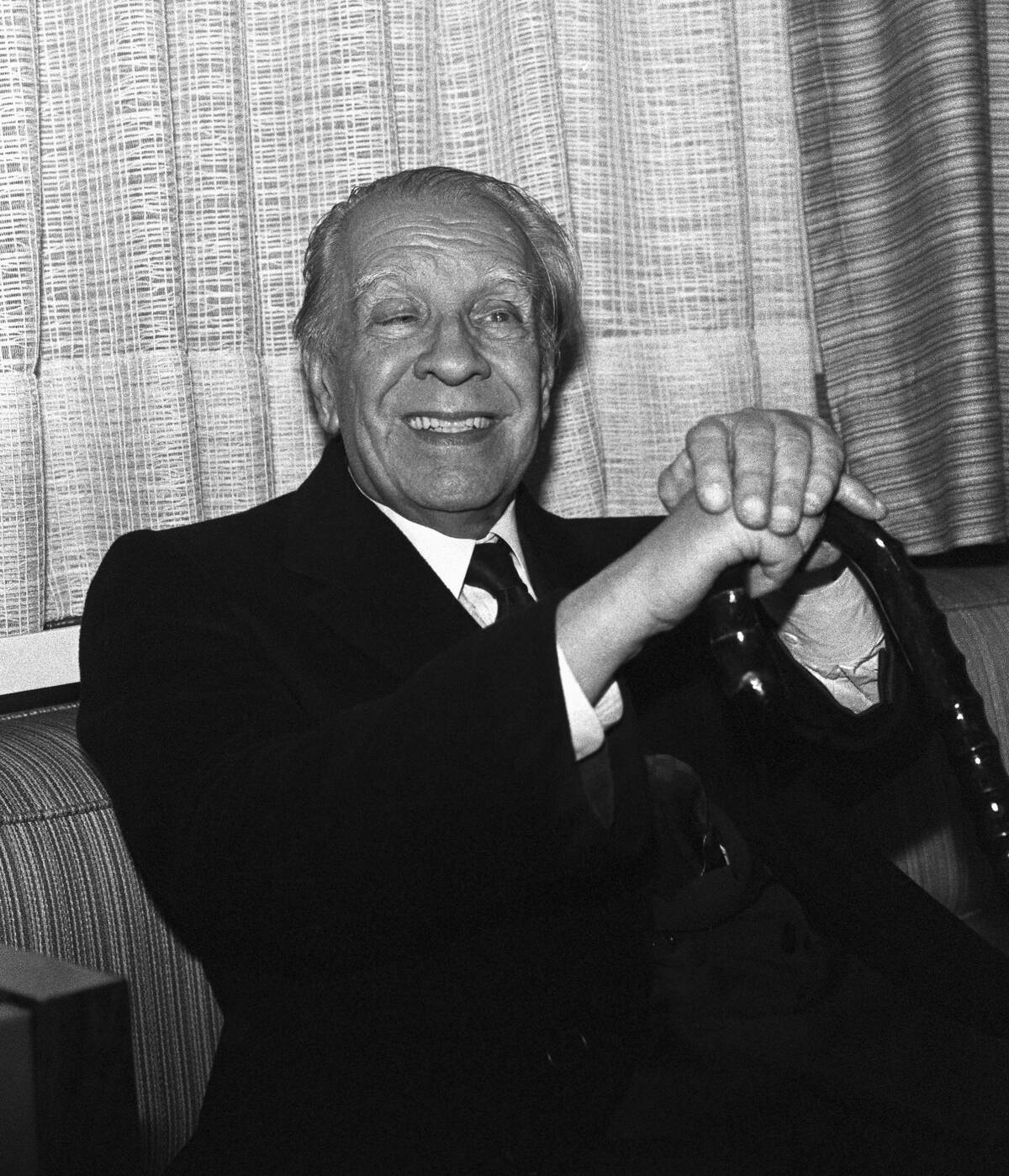
Jorge Luis Borges is renowned for his intricate and cerebral short stories that often explore themes of infinity, reality, and identity. His works, such as “The Library of Babel” and “Ficciones,” are crafted as literary labyrinths, inviting readers to lose themselves in a maze of philosophical ideas and narrative puzzles. Borges’ inventive approach to storytelling has inspired countless writers and continues to challenge readers’ perceptions of fiction.
Albert Camus: The Philosopher of Absurdism in Fiction
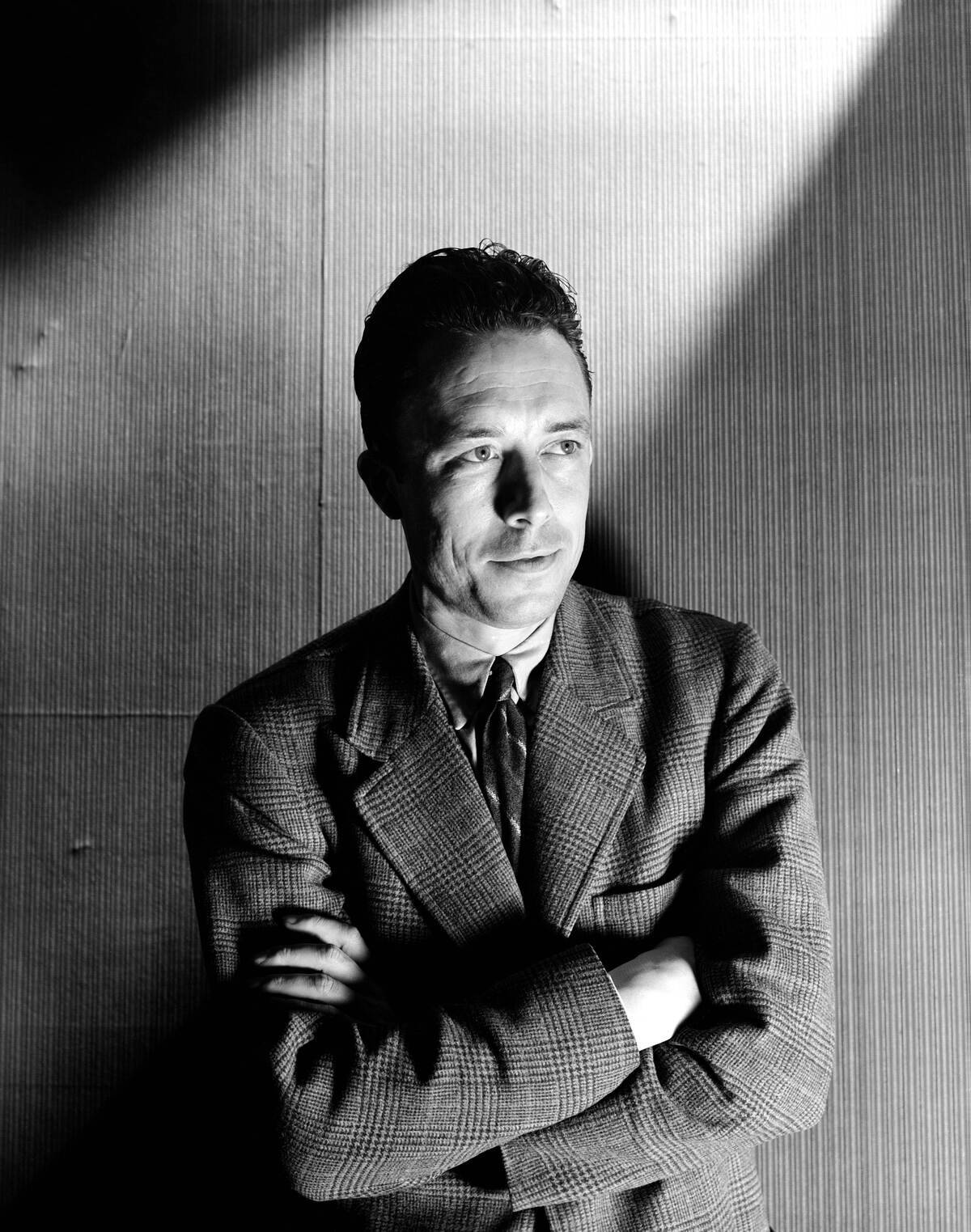
Albert Camus, a pivotal figure in existential and absurdist literature, is best known for his novel “The Stranger.” Through his exploration of absurdism, Camus delves into the meaningless of life and the human struggle to find purpose. His work encourages readers to confront the absurdity of existence and to embrace a life without predetermined meaning, offering a unique philosophical perspective within his narratives.
Samuel Beckett: The Pioneer of Absurdist Theatre
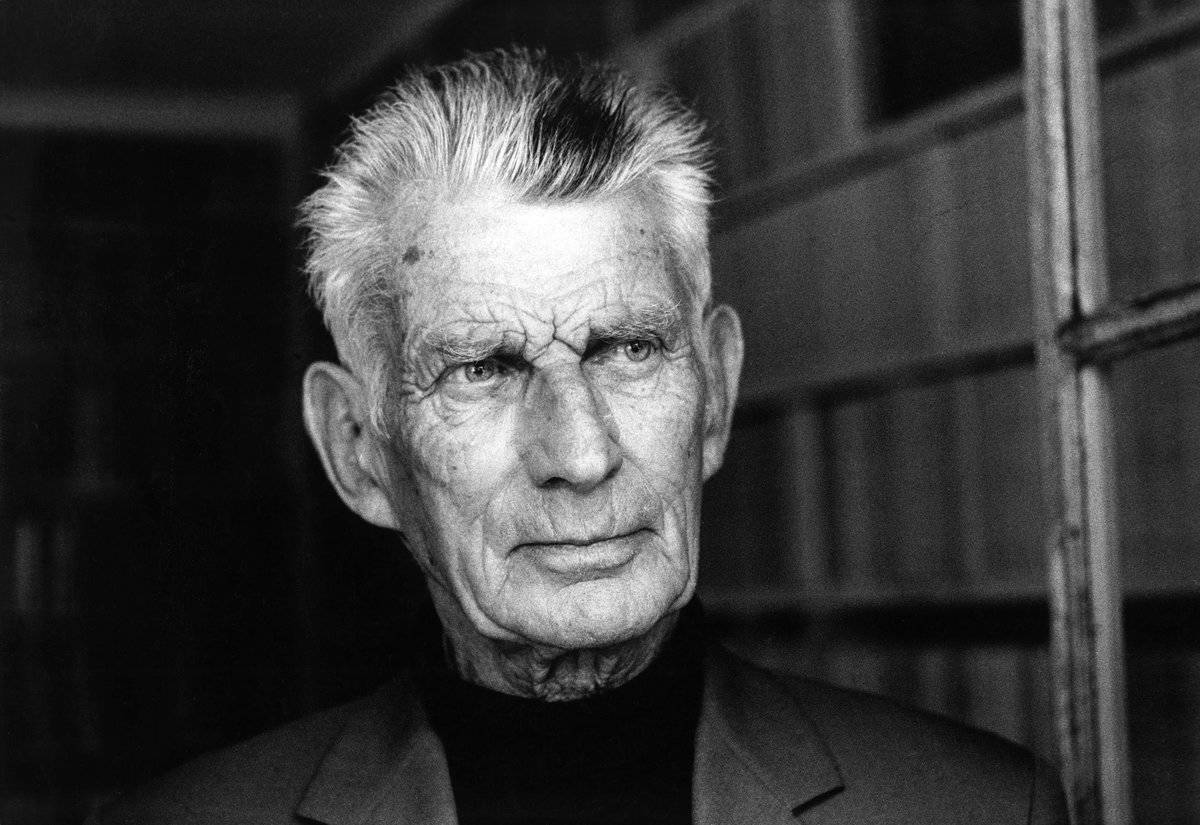
Samuel Beckett’s contribution to theatre is monumental, with his play “Waiting for Godot” epitomizing the tenets of absurdism. Through sparse dialogue and minimalist settings, Beckett strips away traditional narrative elements, leaving audiences to grapple with themes of existential uncertainty and the human condition. His pioneering work in absurdist theatre continues to influence playwrights and provoke thought on the nature of existence.
Chinua Achebe: Bridging African Traditions with Global Perspectives
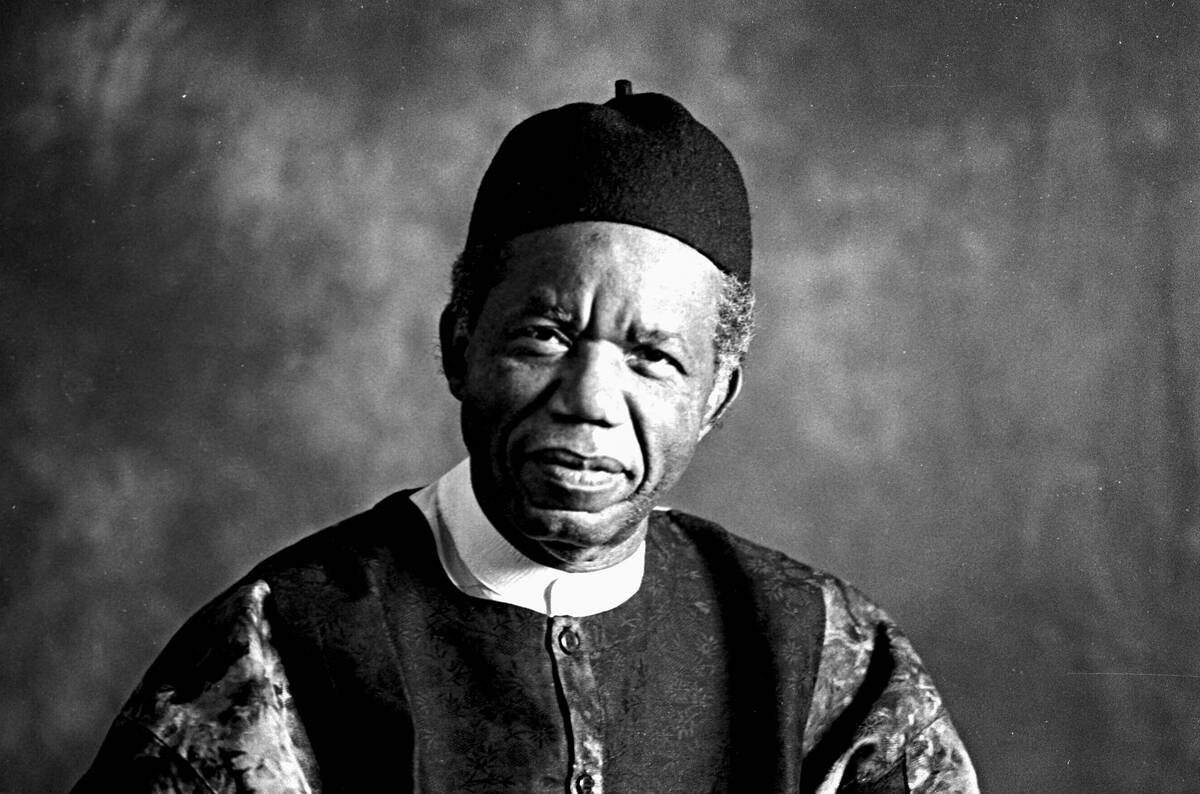
Chinua Achebe’s “Things Fall Apart” is a cornerstone of African literature, offering a profound narrative on colonialism and its impact on traditional African societies. Achebe’s work bridges cultural divides by presenting African stories within a global context. His rich storytelling and focus on the complexity of African identities have made significant contributions to postcolonial literature, inspiring readers and writers worldwide.
Haruki Murakami: Blending the Surreal with the Everyday

Haruki Murakami’s novels are known for their surreal narratives that blend the fantastical with the mundane. In works like “Kafka on the Shore” and “Norwegian Wood,” Murakami explores themes of loneliness, identity, and the passage of time. His ability to create dreamlike worlds within the confines of everyday life has captivated readers, establishing him as a unique voice in contemporary literature.



